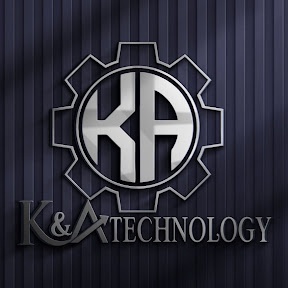When it comes to on-page elements for SEO (search engine optimization), it is important to note that search engines use various factors to determine the relevance and ranking of a webpage. While no single on-page element carries the most weight for SEO, there are several crucial elements to consider:
- Title Tag: The title tag is an HTML element that defines the title of a webpage. It appears in search engine results as the clickable headline. Including relevant keywords and creating unique, descriptive, and compelling titles can positively impact SEO.
- Meta Description: The meta description is an HTML attribute that provides a concise summary of a webpage's content. While it doesn't directly influence rankings, a well-crafted meta description can improve click-through rates by enticing users to visit the page.
- Heading Tags (H1, H2, etc.): Heading tags are HTML elements used to structure the content on a webpage. The H1 tag represents the main heading, and subsequent tags (H2, H3, etc.) are used for subheadings. Including relevant keywords within heading tags helps search engines understand the page's structure and content.
- Content Relevance and Quality: The content on a webpage should be relevant, comprehensive, and high-quality. It should provide value to users, address their search intent, and be free of spelling or grammatical errors. Well-optimized content with appropriate keyword usage and natural language can positively impact SEO.
- URL Structure: A clear and concise URL structure can enhance SEO. Including relevant keywords in the URL and avoiding long, complicated URLs is recommended.
- Image Optimization: Optimizing images by using descriptive file names, alt tags, and compressing their size can improve both user experience and SEO. Alt tags provide alternative text for images, allowing search engines to understand their context.
- Internal Linking: Internal links are hyperlinks that connect different pages within the same website. Proper internal linking helps search engines discover and navigate your site, improves user experience, and distributes link authority throughout the site.
While these are important on-page elements, it's crucial to understand that SEO is a holistic practice that involves numerous factors both on-page and off-page. Effective SEO also incorporates technical optimization, mobile-friendliness, page loading speed, user experience, and backlink profiles, among other considerations.


No comments yet